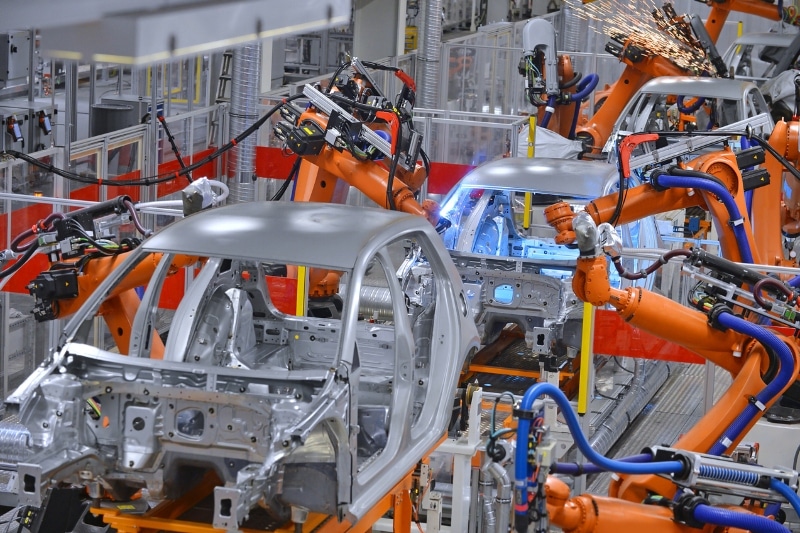The Department of Trade and Industry is undertaking an assessment of the Philippines’ overall Manufacturing strategy with the aim of strengthening support to manufacturers based on their factory output, so companies will not just export their products into the Philippines, but also do actual production in the country.
DTI Secretary Ramon M. Lopez told reporters that he was looking at Manufacturing support that is tied to productivity and performance. This package of Manufacturing support could include lower power cost, tax deduction or cash support.
The planned Manufacturing support strategy is seen as wider application of the existing Comprehensive Automotive Resurgence Strategy (CARS) Program, which grants tax incentives based on actual production of cars and fixed capital investments in automotive parts over a six-year period. Lopez was looking at more CARS-like program in other industries outside of the CARS Program.
Launched in 2015, CARS grants USD 600 million in tax incentives to three program participants, which are required to produce locally 200,000 units of cars each over a 6-year period. Participants are required to invest in assembly facilities and production of major parts in the country. Mitsubishi Motors Philippines Corp. and Toyota Motor Philippines, which took up the first two slots, are now producing their models. The assembly alone of these models (Mirage for Mitsubishi and Vios for Toyota) are expected to stir significant Manufacturing activities in the downstream autoparts Manufacturing sector and jobs creation. Since there was no taker for the third slot, the DTI is now planning to use the remaining slot for the Philippine Utility Vehicle Modernization Program where local assemblers of vehicles that will replace the over 200,000 old jeepneys will also be eligible to tax breaks.
The automotive sector is just the first. The Philippine Inclusive Innovation Industrial Strategy (i3S) which aims to develop globally competitive industries using innovation as an enabler, has identified 12 priority industries for growth and development, including automotive. The other 11 are electronics and electrical; aerospace parts; chemicals; iron and steel and tool and die; garments, textiles and furniture; shipbuilding; tourism; IT-business process management particularly knowledge process outsourcing and e-commerce; agribusiness; construction; and Infrastructure and logistics. The government seeks to integrate these domestic industries into the global value chains.
However, there are several major obstacles to i3S, which the Philippine government is currently addressing. For instance, there is the previous underinvestment in Infrastructure which has resulted in considerable logistics bottlenecks and the high cost of electrical power, combined with its unreliability. The current administration’s Build, Build, Build program has earmarked USD 138 billion from 2019 to 2022 in nationwide Infrastructure building covering projects from transportation to water supply to power plants.
(Sources: Manila Bulletin; Oxford Business Group; BusinessWorld)
